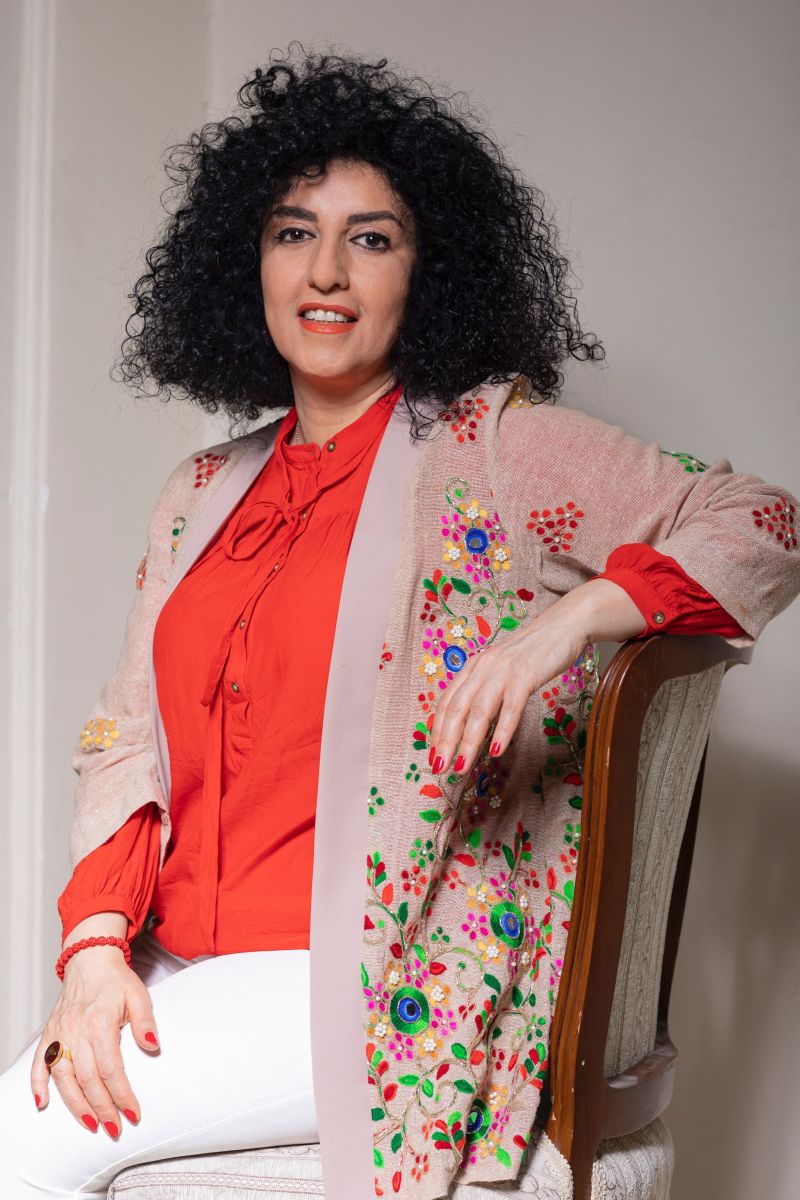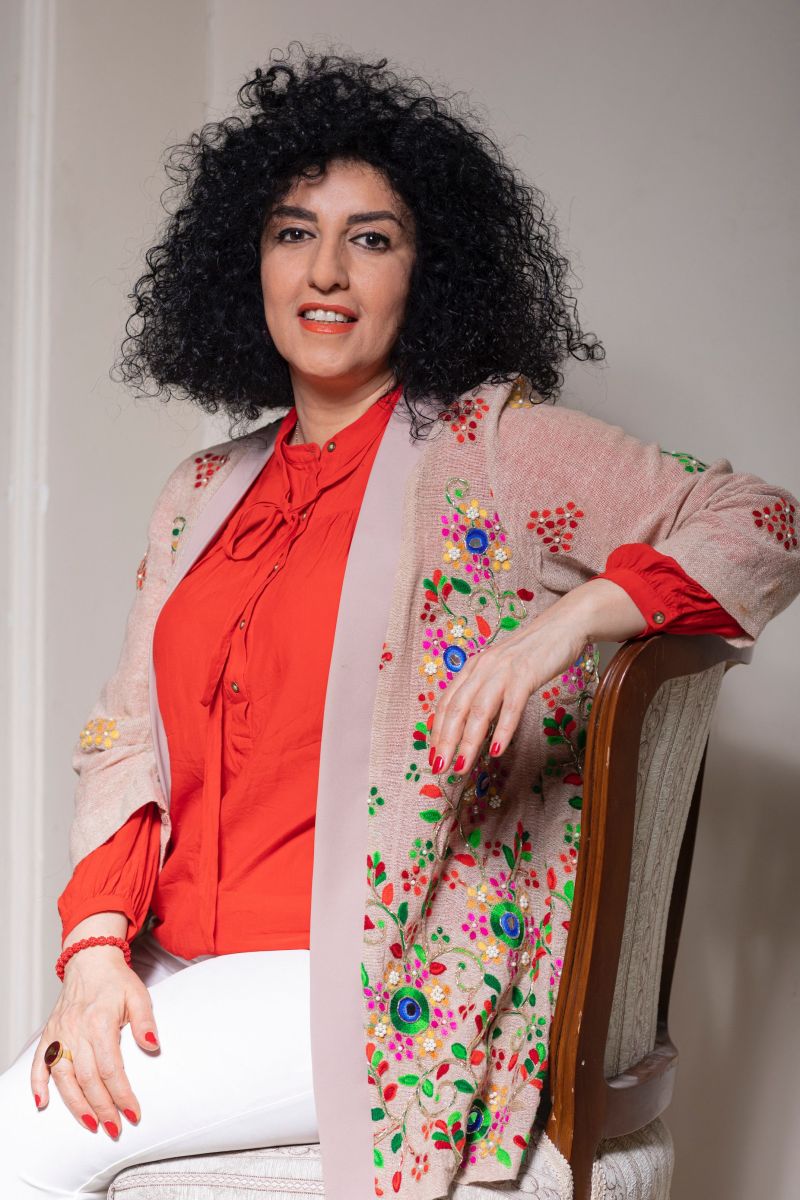
The Urgent Call to Criminalize Gender Apartheid

A compelling plea for the recognition of gender apartheid as a crime against humanity
The Subjugation of Iranian Women
For far too long, Iranian women have endured the brunt of gender-based discrimination perpetuated by the Islamic Republic. The systematic oppression, discrimination, and dehumanization of women and girls have been employed as instruments of state power, violating Iran's international obligations. From education and employment to dress codes and bodily autonomy, Iranian women and girls face an intricate web of discriminatory laws and policies that strip them of their rights and dignity.
Narges Mohammadi
The plight of Iranian women has not gone unnoticed, and it is imperative that concerted efforts are made to ensure justice and equality prevail. This pressing need has led Nobel Peace Prize laureate, Narges Mohammadi, to address a letter to the United Nations Secretary-General, António Guterres. In this impassioned plea, Mohammadi outlines 19 laws that underscore the segregation and subjugation of women in Iran. Notably, she draws attention to the proposed legislation on hijab and modesty, explicitly designed to curtail women's rights and subject them to inhumane punishments.
04/02/2021 Tehran, Iran. Narges Mohammadi, a jailed Iranian women's rights advocate, has won the 2023 Nobel Peace Prize "for her fight against the oppression of women in Iran and her fight to promote human rights and freedom for all", according to the Norwegian Nobel Committee.
The intensity of the crackdown against women in recent months, exemplified by the tragic killing of Mahsa Amini, underscores the urgency of the situation. Gender apartheid not only inflicts immeasurable suffering on women but also casts a dark shadow over Iranian society as a whole, rendering discussions about democracy, freedom, and equality meaningless. The subjugation of women serves as a tool to perpetuate tyranny and oppression, exploiting religion as a pretext for despotism and control.
The Imperative of Criminalizing Gender Apartheid
The terms of gender apartheid in Iran are alarming, with women facing legal barriers to obtain travel permission, brutal punishments for not adhering to hijab laws, and early marriage consent granted by male relatives. These laws, coupled with the threat of stoning and the segregation of textbooks based on gender, paint a distressing picture of gender discrimination in Iran.
The urgency of recognizing gender apartheid as a crime against humanity is underscored by the parallels drawn with the racial apartheid in South Africa. Just as the international community rallied against racial apartheid, it is now imperative to condemn and criminalize gender apartheid. Positive momentum at the United Nations towards recognizing and codifying gender apartheid, along with the endorsement of over 100 activists and public figures, including Nobel laureates, signals a growing consensus on the urgent need to address this pressing human rights issue.
The Call to Action
In the wake of these developments, the international community must seize the opportunity to address the urgent matter of gender apartheid. The proposed inclusion of gender apartheid in the potential crimes against humanity treaty, as well as the exploration of other avenues for recognizing this crime under national and international law, presents a critical juncture for decisive action. It is incumbent upon the UN and its Member States to throw their support behind these initiatives and take concrete steps to end gender apartheid in Iran, Afghanistan, and any other regions where it persists.
The time to criminalize gender apartheid has arrived. The call to action is clear — it is time to rise and stand in solidarity with the women of Iran and Afghanistan, demanding the immediate attention and action of the United Nations. The urgency of this matter cannot be overstated. It is time to criminalize gender apartheid and pave the way for justice and equality to prevail.











